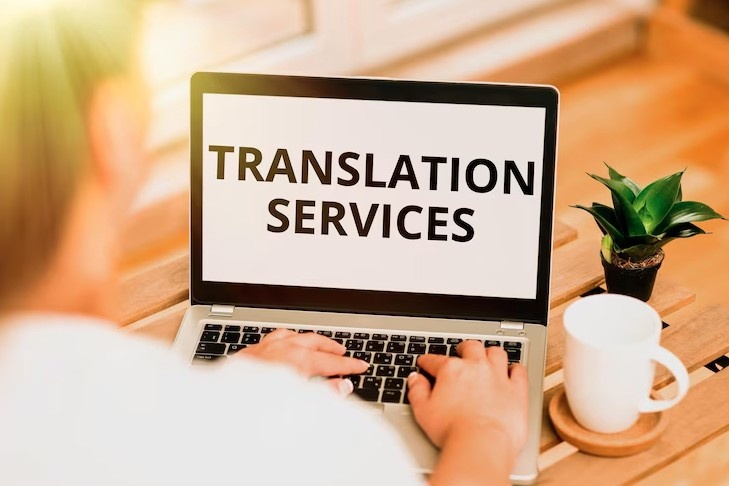Translation Day 2025: Inspiring Stories From Translators Around the World Translation Day 2025 is more than a date on the calendar—it’s a celebration of language, culture, and the professionals who bridge worlds. Every year, International Translation Day shines a spotlight on the global translation community, highlighting the invaluable work of translators, interpreters, and language experts.… Continue reading Celebrating Translation Day 2025: Stories From Around the Globe
Contact Us












